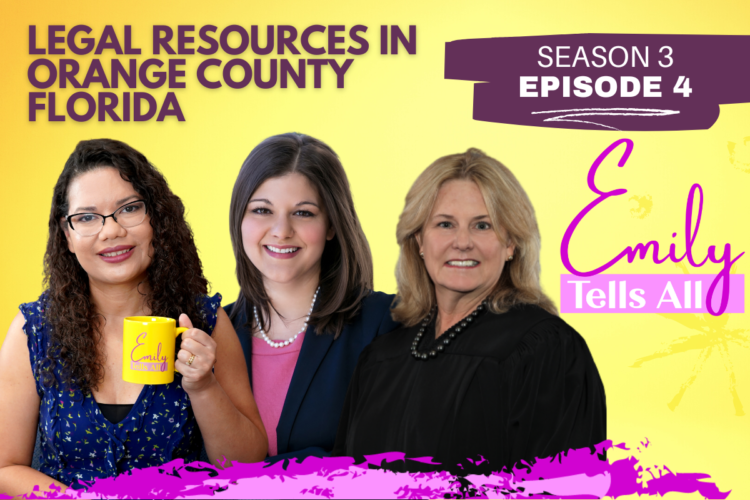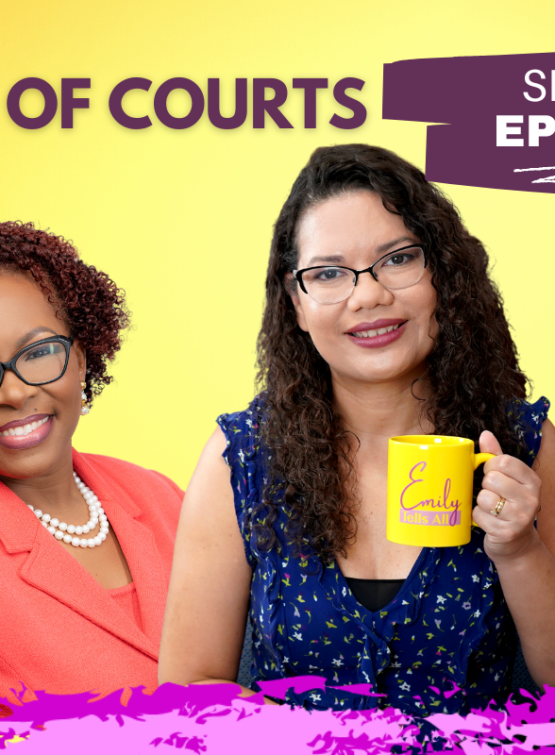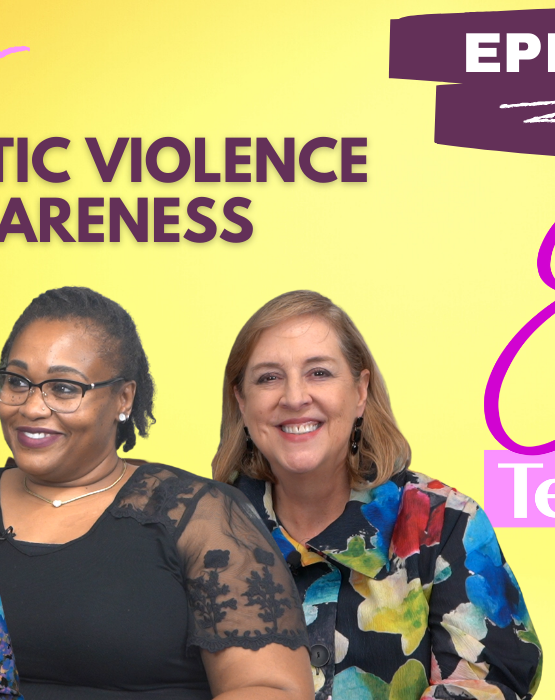AIR DATE JANUARY 26, 2023
Title: Orange County Legal System
Learn the basics of our local legal system and support available as Emily interviews the Ninth Judicial Circuit Court and the Orange County Bar Association.
Guests
Orange County Bar Association, President – Karen Persis
Ninth Judicial Circuit Court of Florida, Chief Judge – Lisa Munyon
Local Justice Systems Are Integral for Community Cohesiveness
Going to court is often seen as a negative experience. You go before a judge to discuss something that happened, present your case, and await a verdict.
Central Florida takes a unique approach to local justice. I spoke with Karen Persis, President of the Orange County Bar Association, about the available options.
“You [Lawyers] are required to take two cases or make a financial donation to Legal Aid,” Persis told me. “You can [also] participate in one of the programs Legal Aid has approved.” She said it might be the only program like it in the country.
The Bar Association works with judges to create the best opportunities for people who find themselves in the system.
How Judges Become Part of Florida’s Justice System
I asked Chief Judge Lisa Munyon how the justice system currently works for electing or appointing judges in the state.
“The Florida Constitution dictates which judges are elected and which are appointed,” Judge Munyon told me. “When Florida’s constitution was first created when we became a state, all judges and Florida’s Supreme Court justices, DCA judges, county judges, circuit judges, all of them were elected. There was a scandal in the early 1970s, where the Florida Supreme Court and the constitution was changed to eliminate contested elections for Florida Supreme Court justices and district courts of appeal judges, but circuit judges and county judges are still elected.”
I asked how people could become more informed about each judge during election cycles when there isn’t much information available. She admitted that it is complicated.
“Our judicial canons prevent us from expressing an opinion on something likely to come before us as a judge,” said Judge Munyon. “What I tell my family when they want to get information about judges is to talk to lawyers that they trust, and to go to sources of information that they trust.”
The Bar Association Is an Amazing Information Resource
The Orange County Bar Association can be an information resource for judicial elections and additional services. One of the best options in the latter category is called “Citizens Dispute Resolution.”
“For free, Orange County residents can call up and get a free professional certified mediator to help resolve disputes, including landlord-tenant, family custody, and neighbor issues,” said Persis. “It’s done without cost, without having to file a lawsuit, pay attorney’s fees, or go through the court process.”
Family issues tend to be the primary reason why people engage with the courts. Custody disputes, child support, divorces, and paternity are big actions. “Family is huge,” said Persis. “I believe it’s something like 50%, if not higher, are the litigants that come through the 9th Judicial Circuit are pro se, meaning they don’t even have attorneys when they’re trying to resolve these family disputes.”
That’s why being active with each election is crucial to the justice system. It’s a chance for everyone to have a say in the process. Even kids can be involved if they’d like to be a judge one day. “Do well in school, study hard,” said Judge Munyon. “You’re going to have to go to law school and it’s tough to get into it, so you need to start making those plans when you’re in middle and high school so that you have a good track record to get into a good college and to a good institution.”



